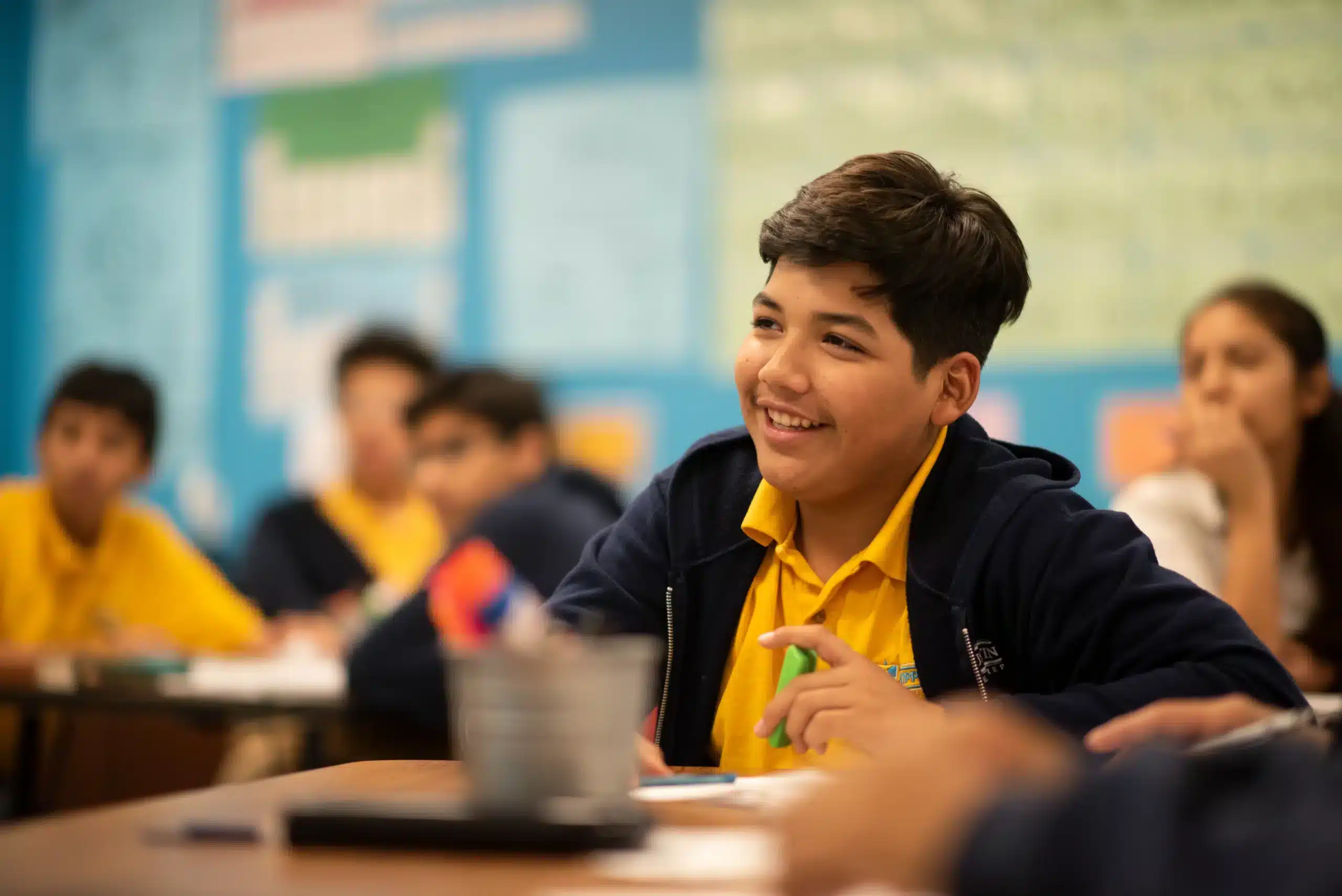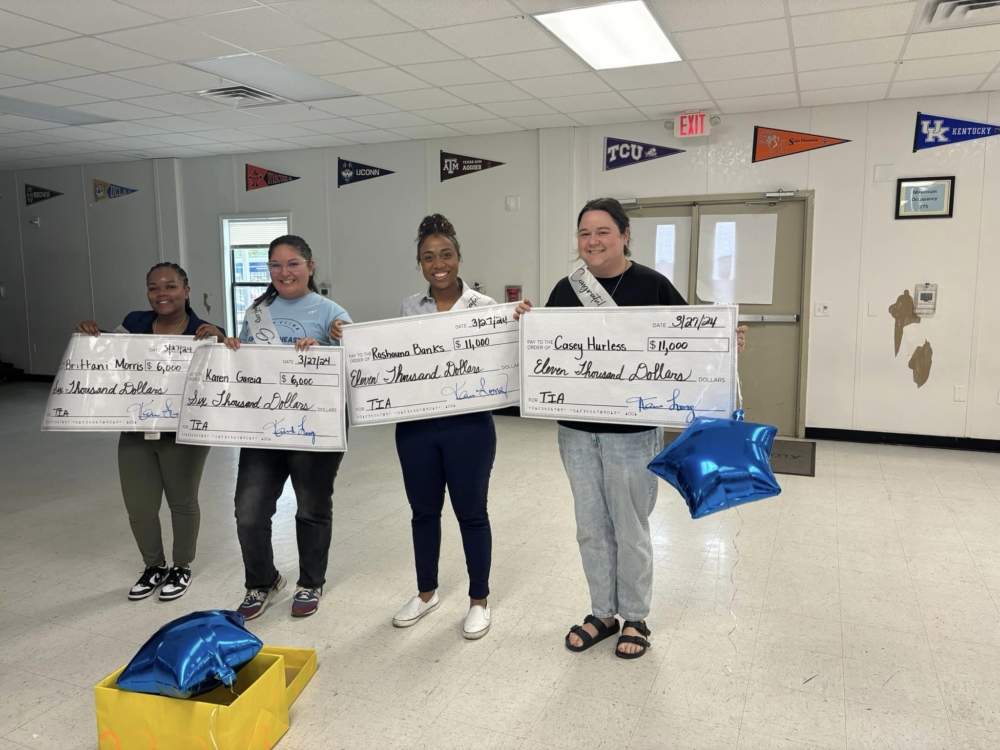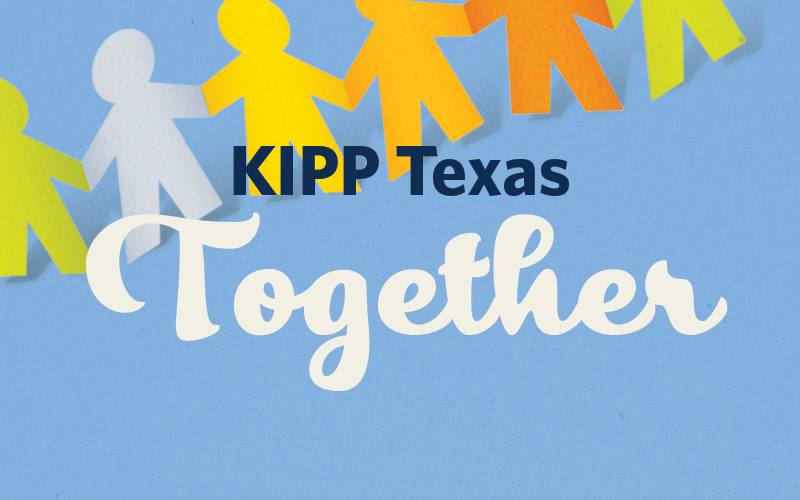A new Mathematica study released today titled “Long-Term Impacts of KIPP Middle and High Schools on College Enrollment, Persistence, and Attainment” shows that the impact of attending a KIPP middle and high school, extrapolated nationwide, would be large enough to entirely close the degree-completion gap between white and Black students and nearly close the degree-completion gap between white and Latinx students in the United States.
KEY FINDINGS:
- Students who attended both KIPP middle and high school were nearly twice as likely to persist and graduate from a four-year college than those who did not. This is the first independent study of KIPP Public Schools’ long-term impact spanning 15 years.
- Students who attended KIPP for both middle school and high school were 67% more likely to enroll in a four-year college than those who did not go to KIPP.
- KIPP schools are closing the college completion gap. Nationally, 45% of white adults between the ages of 25 to 29 have a bachelor’s degree, compared to 26% of Black adults and 23% of Latinx adults. This study found that KIPP middle and high schools have a combined effect of approximately 19 percentage points on college completion rates for a group of students that is almost entirely composed of Black or Latinx students. Thus, the impact of attending a KIPP middle and high school, extrapolated nationwide, would be large enough to close the degree completion gap for Black students and nearly close the degree completion gap for Latinx students in the United States.
“The Mathematica study shows that a continuous KIPP education, spanning middle school and high school, is life-changing and would essentially close the educational-opportunity gaps facing Black and Latinx students,” said Shavar Jeffries, KIPP Foundation’s CEO. “Ultimately, we seek for all KIPP children an education that cultivates their unique genius, and this study shows the possibilities of what we can achieve when we deliver the joyful, academically excellent education our children deserve.”
The study followed 2,066 students from ten regions who applied to join KIPP in 5th and 6th grade via an admissions lottery. These students graduated from high school in the classes of 2016, 2017, and 2019. The students’ college enrollments, college persistence, and degree completion were tracked through the Spring of 2022. The study compared college enrollment and attainment among students who were invited to attend KIPP middle school through the lottery to those who were not invited to attend. Researchers focused on all three cohorts’ college enrollment and persistence for three years after graduation. The study focused on college graduation rates five years after graduation for the first two cohorts. Researchers used a national database of post-secondary students to follow their progress after high school graduation.
“We found that attending both a KIPP middle and high school has a transformational impact on college completion. The impact is similar in size to the opportunity gap faced by the nation’s Black and Latinx students,” said Ira Nichols-Barrer, Senior Researcher at Mathematica.
Mathematica researchers interviewed KIPP school counselors and staff to determine what factors may have contributed to the positive results. Researchers found KIPP high school students and alums received intensive post-secondary counseling support from KIPP staff, including encouraging students to take challenging high school classes like AP, find the right college match, and leverage KIPP Forward counselors while filling out financial aid and other forms throughout the college application process. The study followed KIPP alumni from 2019-2020 through 2021-2022 college school years, during which the COVID-19 pandemic heavily impacted nationwide outcomes.
Mathematica’s description of the demographic breakdown of the students when they applied to the KIPP lottery is as follows:
- 48% of KIPP students are Hispanic, 42% are Black.
- 76% of KIPP students are eligible for free or reduced-price lunch, 62% of families have incomes less than $35,000 a year.
- 43% of KIPP students speak a language other than English at home.
- 44% of KIPP students are children of mothers who never enrolled in post-secondary programs.
- Students scored slightly lower than the average in their district when entering the lottery.
The set of independent research studies conducted by Mathematica supports KIPP’s internal research showing the academic and postsecondary attainment benefits of students attending KIPP middle and high school.
We still have open seats at our KIPP Texas middle and high schools. Apply today!



